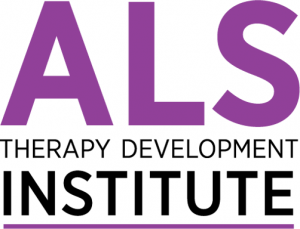What Should People Living With ALS Do About the COVID-19 Vaccine?
Posted: December 17, 2020 in Other News
 ALS TDI
ALS TDI
CAMBRIDGE, MA – People living with amyotrophic lateral sclerosis (ALS) may be more susceptible to severe cases of the novel coronavirus COVID-19, including severe and life-threatening complications. This places people living with ALS in the group of those with comorbidities, any simultaneous disease or condition that could possibly make a COVID infection more severe or deadly, who may be among the earlier candidates to receive a vaccine for the virus.
While many places in the U.S. and elsewhere around the world have begun their vaccination programs with frontline healthcare workers and vulnerable populations like assisted-living community residents, those with comorbidities like ALS may not be far behind. As of this writing, one vaccine produced by Pfizer and BioNTech has been approved for use in the U.S., and others developed by Moderna, AstraZenenca, and more are in the pipeline.
As these vaccines become more available, many people in the ALS community have begun to ask what they need to know about them, especially whether they are safe for people living with ALS.
The simple answer is that we still don’t know enough about how these vaccines will affect people with other diseases like ALS to provide a concrete answer. The most important thing for people living with ALS and their caregivers will be to make sure to stay in contact with their medical team regarding any specific questions they have about the vaccine, especially the decision of whether to be vaccinated or not when it becomes available. As ALS is a very heterogeneous disease and treatment regimens vary, each individual’s doctor will have the best idea of what are questions to ask and precautions to take when considering vaccination.
For more information, the Muscular Dystrophy has complied an FAQ about COVID-19 vaccinations for those with neuromuscular diseases like ALS. However, there is still much the scientific community does not know about how these vaccines will affect people with different comorbidities. Until we know more, there is no better source of information for people living with ALS than the doctors that know their individual situation best.

